


"In Post-modern Age, Perhaps Man Needs a Savior All the More"
VATICAN CITY, DEC. 25, 2006 - Here is a Vatican translation of the Christmas Day address Benedict XVI delivered at midday from the central loggia of St. Peter's Basilica.
* * *


"Salvator noster natus est in mundo" (Roman Missal)
"Our Saviour is born to the world!" During the night, in our Churches, we again heard this message that, notwithstanding the passage of the centuries, remains ever new. It is the heavenly message that tells us to fear not, for "a great joy" has come "to all the people" (Lk 1:10). It is a message of hope, for it tells us that, on that night over two thousand years ago, there "was born in the city of David a Saviour, who is Christ the Lord" (Lk 2:11). The Angel of Christmas announced it then to the shepherds out on the hills of Bethlehem; today the Angel repeats it to us, to all who dwell in our world: "The Saviour is born; he is born for you! Come, come, let us adore him!".


But does a "Saviour" still have any value and meaning for the men and women of the third millennium? Is a "Saviour" still needed by a humanity which has reached the moon and Mars and is prepared to conquer the universe; for a humanity which knows no limits in its pursuit of nature's secrets and which has succeeded even in deciphering the marvellous codes of the human genome? Is a Saviour needed by a humanity which has invented interactive communication, which navigates in the virtual ocean of the internet and, thanks to the most advanced modern communications technologies, has now made the Earth, our great common home, a global village? This humanity of the twenty-first century appears as a sure and self-sufficient master of its own destiny, the avid proponent of uncontested triumphs.
 So it would seem, yet this is not the case. People continue to die of hunger and thirst, disease and poverty, in this age of plenty and of unbridled consumerism. Some people remain enslaved, exploited and stripped of their dignity; others are victims of racial and religious hatred, hampered by intolerance and discrimination, and by political interference and physical or moral coercion with regard to the free profession of their faith. Others see their own bodies and those of their dear ones, particularly their children, maimed by weaponry, by terrorism and by all sorts of violence, at a time when everyone invokes and acclaims progress, solidarity and peace for all. And what of those who, bereft of hope, are forced to leave their homes and countries in order to find humane living conditions elsewhere? How can we help those who are misled by facile prophets of happiness, those who struggle with relationships and are incapable of accepting responsibility for their present and future, those who are trapped in the tunnel of loneliness and who often end up enslaved to alcohol or drugs? What are we to think of those who choose death in the belief that they are celebrating life?
So it would seem, yet this is not the case. People continue to die of hunger and thirst, disease and poverty, in this age of plenty and of unbridled consumerism. Some people remain enslaved, exploited and stripped of their dignity; others are victims of racial and religious hatred, hampered by intolerance and discrimination, and by political interference and physical or moral coercion with regard to the free profession of their faith. Others see their own bodies and those of their dear ones, particularly their children, maimed by weaponry, by terrorism and by all sorts of violence, at a time when everyone invokes and acclaims progress, solidarity and peace for all. And what of those who, bereft of hope, are forced to leave their homes and countries in order to find humane living conditions elsewhere? How can we help those who are misled by facile prophets of happiness, those who struggle with relationships and are incapable of accepting responsibility for their present and future, those who are trapped in the tunnel of loneliness and who often end up enslaved to alcohol or drugs? What are we to think of those who choose death in the belief that they are celebrating life?
 How can we not hear, from the very depths of this humanity, at once joyful and anguished, a heart-rending cry for help? It is Christmas: today "the true light that enlightens every man" (Jn 1:9) came into the world. "The word became flesh and dwelt among us" (Jn 1:14), proclaims the Evangelist John. Today, this very day, Christ comes once more "unto his own", and to those who receive him he gives "the power to become children of God"; in a word, he offers them the opportunity to see God's glory and to share the joy of that Love which became incarnate for us in Bethlehem. Today "our Saviour is born to the world", for he knows that even today we need him. Despite humanity's many advances, man has always been the same: a freedom poised between good and evil, between life and death. It is there, in the very depths of his being, in what the Bible calls his "heart", that man always needs to be "saved". And, in this post-modern age, perhaps he needs a Saviour all the more, since the society in which he lives has become more complex and the threats to his personal and moral integrity have become more insidious. Who can defend him, if not the One who loves him to the point of sacrificing on the Cross his only-begotten Son as the Saviour of the world?
How can we not hear, from the very depths of this humanity, at once joyful and anguished, a heart-rending cry for help? It is Christmas: today "the true light that enlightens every man" (Jn 1:9) came into the world. "The word became flesh and dwelt among us" (Jn 1:14), proclaims the Evangelist John. Today, this very day, Christ comes once more "unto his own", and to those who receive him he gives "the power to become children of God"; in a word, he offers them the opportunity to see God's glory and to share the joy of that Love which became incarnate for us in Bethlehem. Today "our Saviour is born to the world", for he knows that even today we need him. Despite humanity's many advances, man has always been the same: a freedom poised between good and evil, between life and death. It is there, in the very depths of his being, in what the Bible calls his "heart", that man always needs to be "saved". And, in this post-modern age, perhaps he needs a Saviour all the more, since the society in which he lives has become more complex and the threats to his personal and moral integrity have become more insidious. Who can defend him, if not the One who loves him to the point of sacrificing on the Cross his only-begotten Son as the Saviour of the world? "Salvator noster": Christ is also the Saviour of men and women today. Who will make this message of hope resound, in a credible way, in every corner of the earth? Who will work to ensure the recognition, protection and promotion of the integral good of the human person as the condition for peace, respecting each man and every woman and their proper dignity? Who will help us to realize that with good will, reasonableness and moderation it is possible to avoid aggravating conflicts and instead to find fair solutions? With deep apprehension I think, on this festive day, of the Middle East, marked by so many grave crises and conflicts, and I express my hope that the way will be opened to a just and lasting peace, with respect for the inalienable rights of the peoples living there. I place in the hands of the divine Child of Bethlehem the indications of a resumption of dialogue between the Israelis and Palestinians, which we have witnessed in recent days, and the hope of further encouraging developments. I am confident that, after so many victims, destruction and uncertainty, a democratic Lebanon, open to others and in dialogue with different cultures and religions, will survive and progress. I appeal to all those who hold in their hands the fate of Iraq, that there will be an end to the brutal violence that has brought so much bloodshed to the country, and that every one of its inhabitants will be safe to lead a normal life. I pray to God that in Sri Lanka the parties in conflict will heed the desire of the people for a future of brotherhood and solidarity; that in Darfur and throughout Africa there will be an end to fratricidal conflicts, that the open wounds in that continent will quickly heal and that the steps being made towards reconciliation, democracy and development will be consolidated. May the Divine Child, the Prince of Peace, grant an end to the outbreaks of tension that make uncertain the future of other parts of the world, in Europe and in Latin America.
"Salvator noster": Christ is also the Saviour of men and women today. Who will make this message of hope resound, in a credible way, in every corner of the earth? Who will work to ensure the recognition, protection and promotion of the integral good of the human person as the condition for peace, respecting each man and every woman and their proper dignity? Who will help us to realize that with good will, reasonableness and moderation it is possible to avoid aggravating conflicts and instead to find fair solutions? With deep apprehension I think, on this festive day, of the Middle East, marked by so many grave crises and conflicts, and I express my hope that the way will be opened to a just and lasting peace, with respect for the inalienable rights of the peoples living there. I place in the hands of the divine Child of Bethlehem the indications of a resumption of dialogue between the Israelis and Palestinians, which we have witnessed in recent days, and the hope of further encouraging developments. I am confident that, after so many victims, destruction and uncertainty, a democratic Lebanon, open to others and in dialogue with different cultures and religions, will survive and progress. I appeal to all those who hold in their hands the fate of Iraq, that there will be an end to the brutal violence that has brought so much bloodshed to the country, and that every one of its inhabitants will be safe to lead a normal life. I pray to God that in Sri Lanka the parties in conflict will heed the desire of the people for a future of brotherhood and solidarity; that in Darfur and throughout Africa there will be an end to fratricidal conflicts, that the open wounds in that continent will quickly heal and that the steps being made towards reconciliation, democracy and development will be consolidated. May the Divine Child, the Prince of Peace, grant an end to the outbreaks of tension that make uncertain the future of other parts of the world, in Europe and in Latin America. "Salvator noster": this is our hope; this is the message that the Church proclaims once again this Christmas day. With the Incarnation, as the Second Vatican Council stated, the Son of God has in some way united himself with each man and women (cf. "Gaudium et Spes," 22). The birth of the Head is also the birth of the body, as Pope Saint Leo the Great noted. In Bethlehem the Christian people was born, Christ's mystical body, in which each member is closely joined to the others in total solidarity. Our Saviour is born for all. We must proclaim this not only in words, but by our entire life, giving the world a witness of united, open communities where fraternity and forgiveness reign, along with acceptance and mutual service, truth, justice and love.
"Salvator noster": this is our hope; this is the message that the Church proclaims once again this Christmas day. With the Incarnation, as the Second Vatican Council stated, the Son of God has in some way united himself with each man and women (cf. "Gaudium et Spes," 22). The birth of the Head is also the birth of the body, as Pope Saint Leo the Great noted. In Bethlehem the Christian people was born, Christ's mystical body, in which each member is closely joined to the others in total solidarity. Our Saviour is born for all. We must proclaim this not only in words, but by our entire life, giving the world a witness of united, open communities where fraternity and forgiveness reign, along with acceptance and mutual service, truth, justice and love. A community saved by Christ. This is the true nature of the Church, which draws her nourishment from his Word and his Eucharistic Body. Only by rediscovering the gift she has received can the Church bear witness to Christ the Saviour before all people. She does this with passionate enthusiasm, with full respect for all cultural and religious traditions; she does so joyfully, knowing that the One she proclaims takes away nothing that is authentically human, but instead brings it to fulfilment. In truth, Christ comes to destroy only evil, only sin; everything else, all the rest, he elevates and perfects. Christ does not save us from our humanity, but through it; he does not save us from the world, but came into the world, so that through him the world might be saved (cf. Jn 3:17).
A community saved by Christ. This is the true nature of the Church, which draws her nourishment from his Word and his Eucharistic Body. Only by rediscovering the gift she has received can the Church bear witness to Christ the Saviour before all people. She does this with passionate enthusiasm, with full respect for all cultural and religious traditions; she does so joyfully, knowing that the One she proclaims takes away nothing that is authentically human, but instead brings it to fulfilment. In truth, Christ comes to destroy only evil, only sin; everything else, all the rest, he elevates and perfects. Christ does not save us from our humanity, but through it; he does not save us from the world, but came into the world, so that through him the world might be saved (cf. Jn 3:17). Dear brothers and sisters, wherever you may be, may this message of joy and hope reach your ears: God became man in Jesus Christ, he was born of the Virgin Mary and today he is reborn in the Church. He brings to all the love of the Father in heaven. He is the Saviour of the world! Do not be afraid, open your hearts to him and receive him, so that his Kingdom of love and peace may become the common legacy of each man and woman. Happy Christmas!
Dear brothers and sisters, wherever you may be, may this message of joy and hope reach your ears: God became man in Jesus Christ, he was born of the Virgin Mary and today he is reborn in the Church. He brings to all the love of the Father in heaven. He is the Saviour of the world! Do not be afraid, open your hearts to him and receive him, so that his Kingdom of love and peace may become the common legacy of each man and woman. Happy Christmas! [Translation of the Italian original distributed by the Holy See]
[Translation of the Italian original distributed by the Holy See]© Copyright 2006 -- Libreria Editrice Vaticana
![[Unam Sanctam]](https://blogger.googleusercontent.com/img/b/R29vZ2xl/AVvXsEiymQ2adTjpZ1ABhPBbBBquiPCxeQrc4Jy_97vOikT0wGQeJleriiXQy6ebnb0jrYe-TfvcK77txStB4aIwVAdD41ZdMkVfNtFGC0JX6LBV9B8mfeRZaIAM7Sj-011ag3DiKQzv/s1600/headerdivinemercy.jpg)











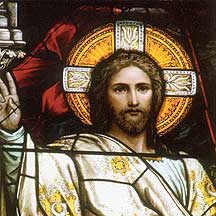







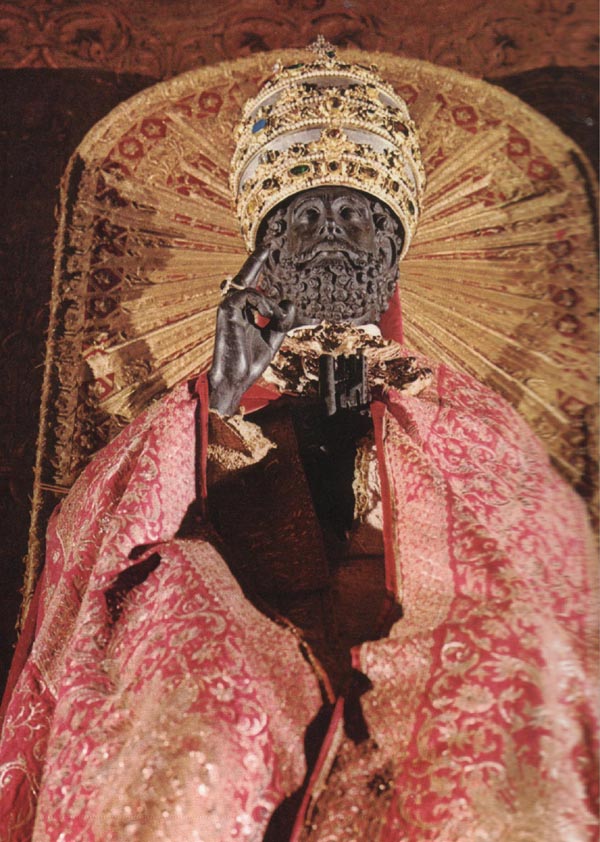
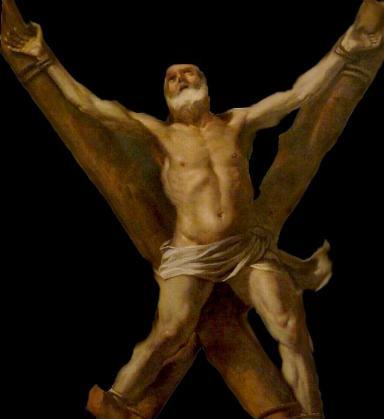




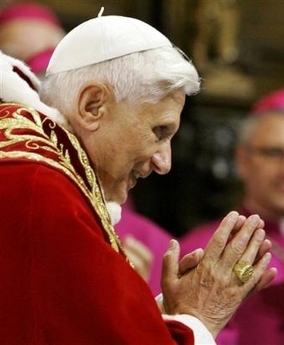






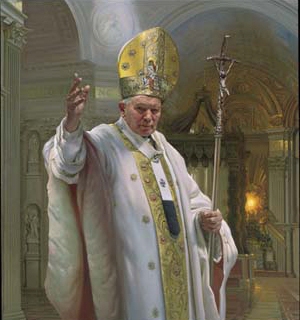
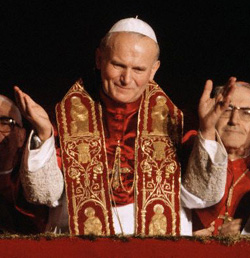
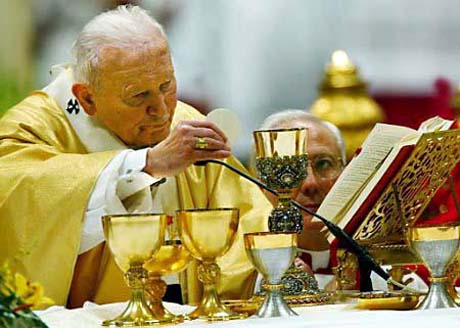







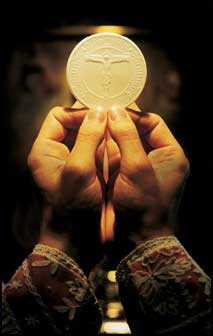
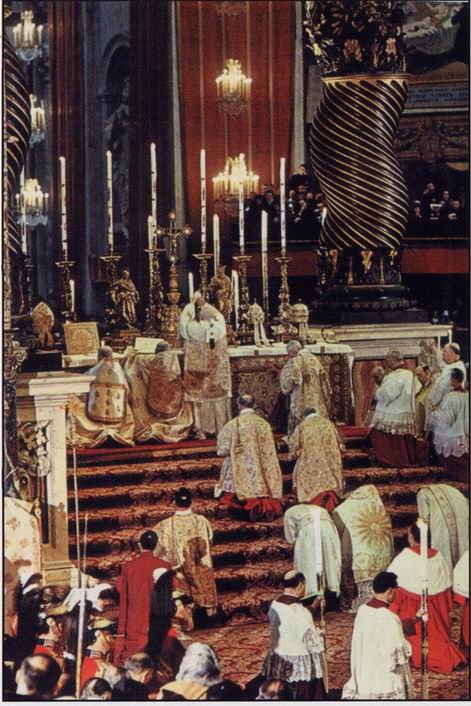

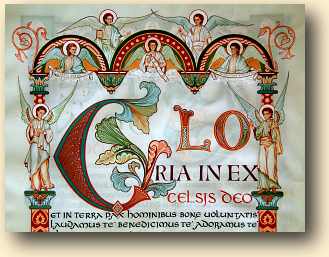

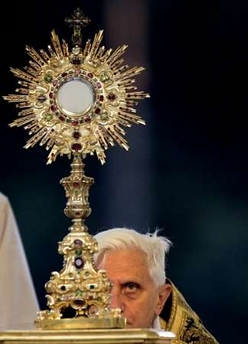


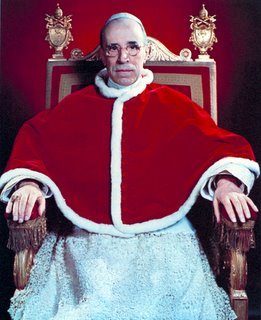




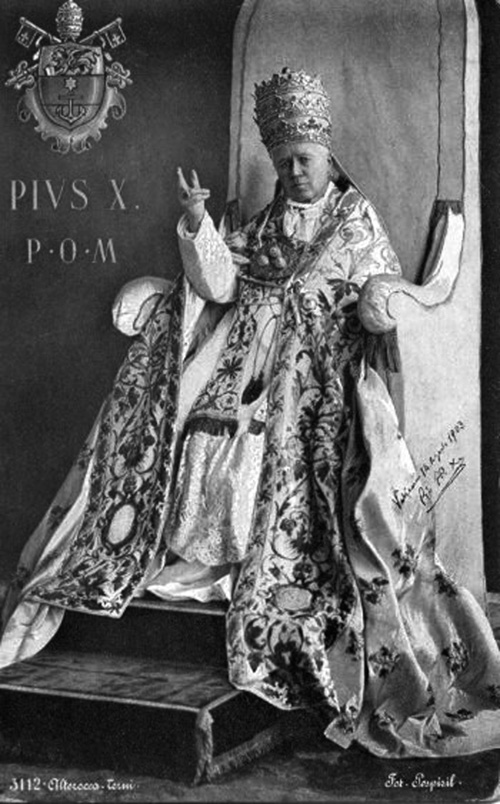



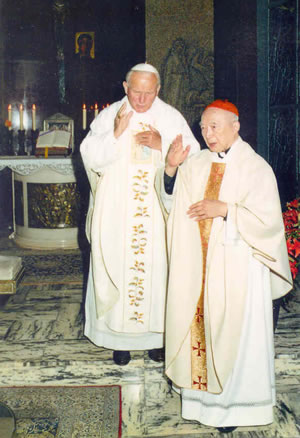





No comments:
Post a Comment